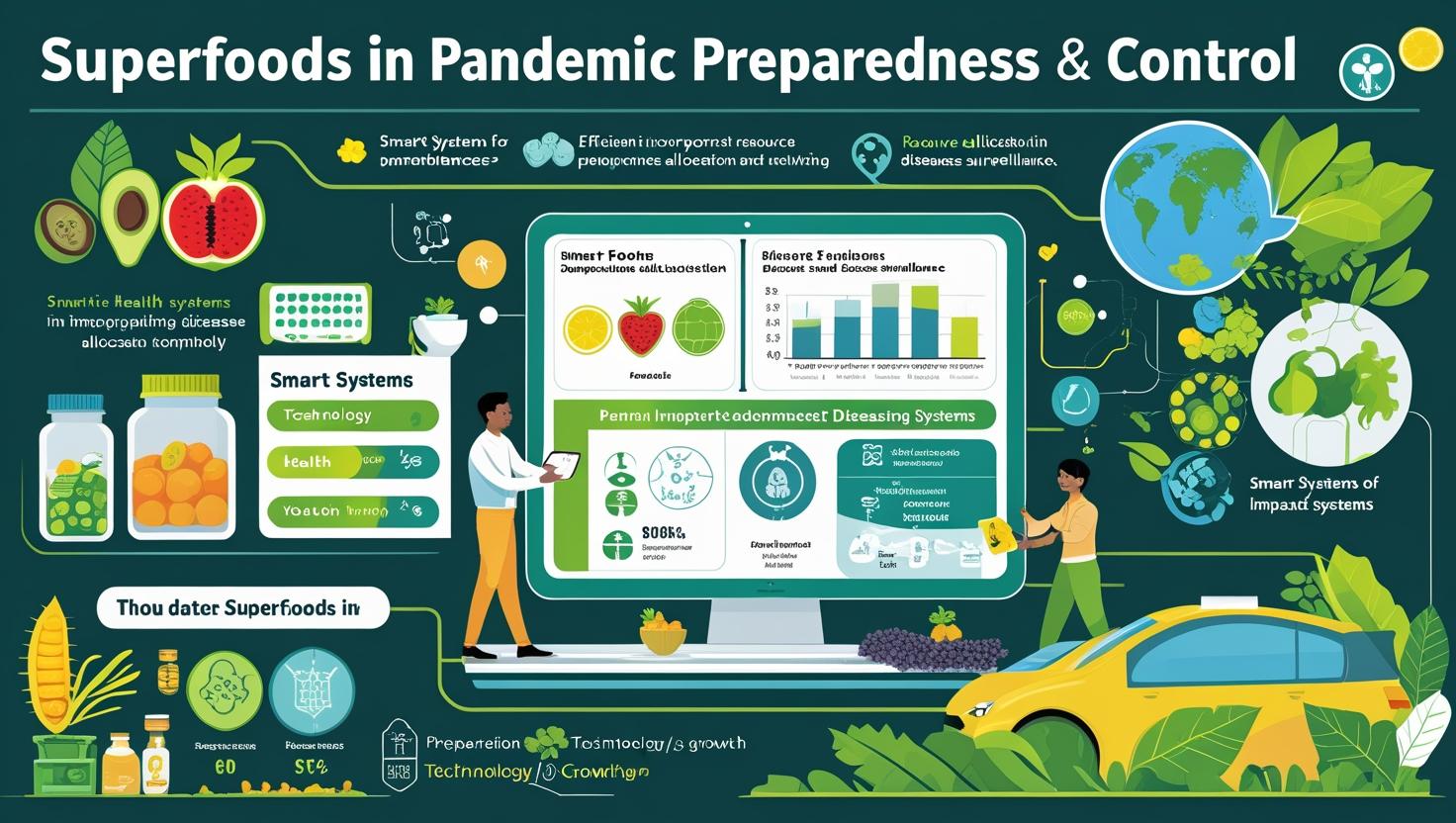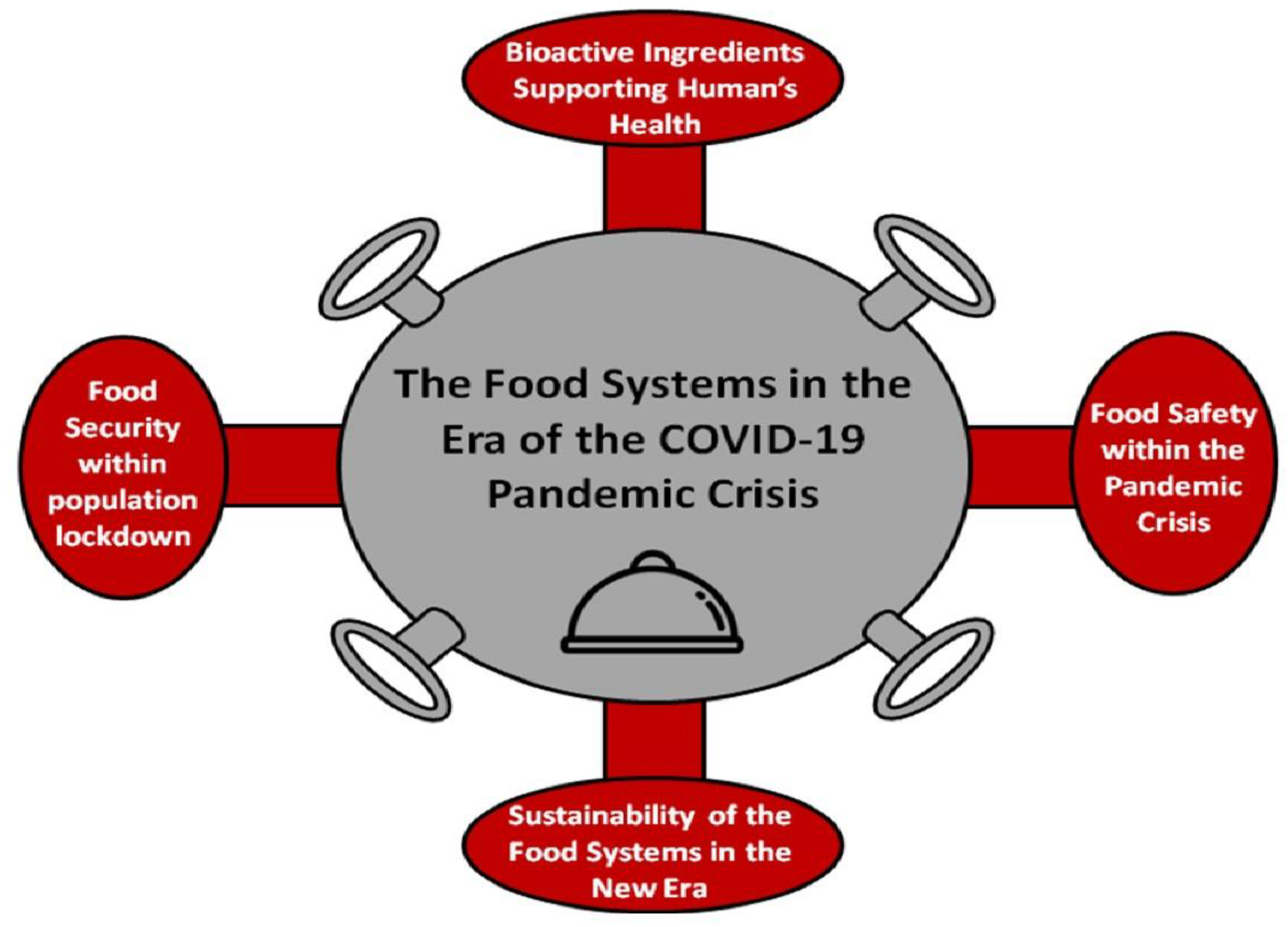
Rethinking Food Systems in Pandemic Times
The COVID-19 pandemic has dramatically reshaped global food systems. As the world experienced lockdowns, supply chain disruptions, and surging health concerns, the interconnectedness of nutrition, food safety, and resilience came into sharp focus.
This crisis highlighted four urgent challenges for the food sector: the need for immune-supportive nutrition, ensuring food safety, maintaining food security under population lockdown, and building sustainable food systems. Each of these areas demands new strategies, investments, and innovation.
One of the most notable consumer shifts was the growing interest in immune-boosting foods. Research emphasized the protective effects of vitamins A, C, D, E, and natural bioactives like polyphenols and unsaturated fatty acids. These nutrients support immune response and may reduce vulnerability to viral infections. Traditional remedies, such as ginseng and Chinese herbal medicine, gained renewed attention, although more clinical evidence is needed.
On the safety front, while there is no direct evidence of COVID-19 transmission through food, hygiene during handling and preparation became a public priority. Health agencies recommended thorough cooking, surface sanitization, and caution with packaging and fresh produce handling.
Lockdowns also revealed fragilities in global food security. Delays in transportation, labor shortages, and panic buying exposed systemic vulnerabilities. Responses varied—some governments released food reserves, while others turned to digital platforms and AI to streamline logistics, connect farmers to buyers, and minimize waste.
Perhaps most crucially, the pandemic has been a wake-up call for sustainable reform. Food waste reduction, diversification of protein sources (including microalgae, insects, and lab-grown meat), and the integration of Industry 4.0 technologies are emerging as long-term goals. These innovations aim to reduce environmental impact, improve nutrition, and enhance resilience.
In conclusion, COVID-19 has not only tested but also transformed the global food landscape. By learning from this crisis, the food sector can evolve into a more health-conscious, secure, and sustainable system for future generations.

Adapted from: https://www.mdpi.com/2304-8158/9/4/523